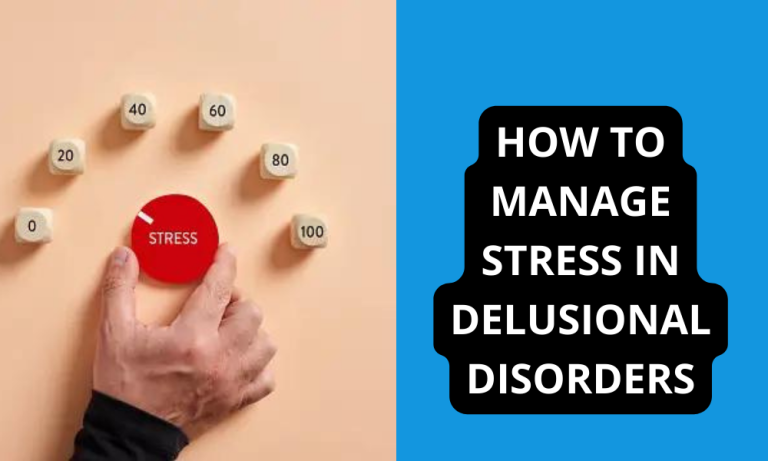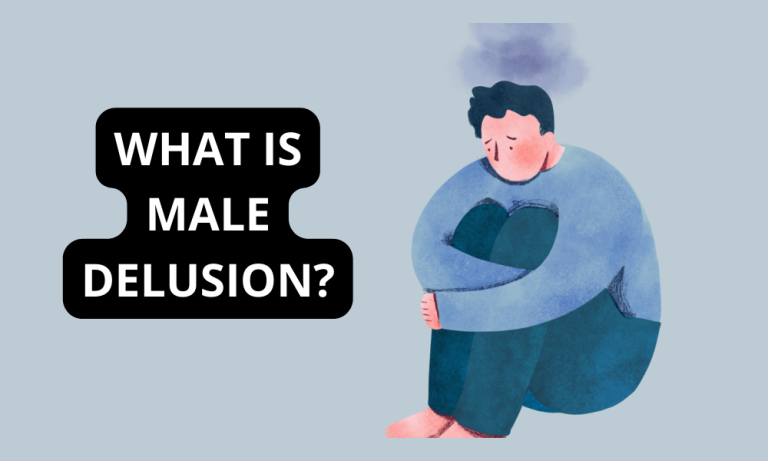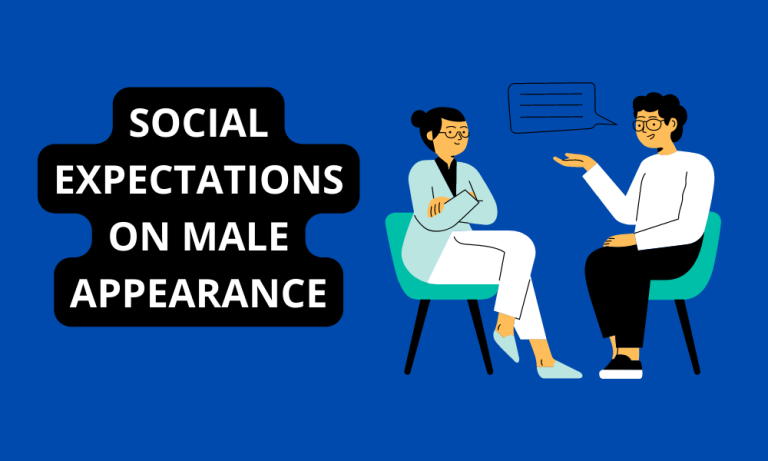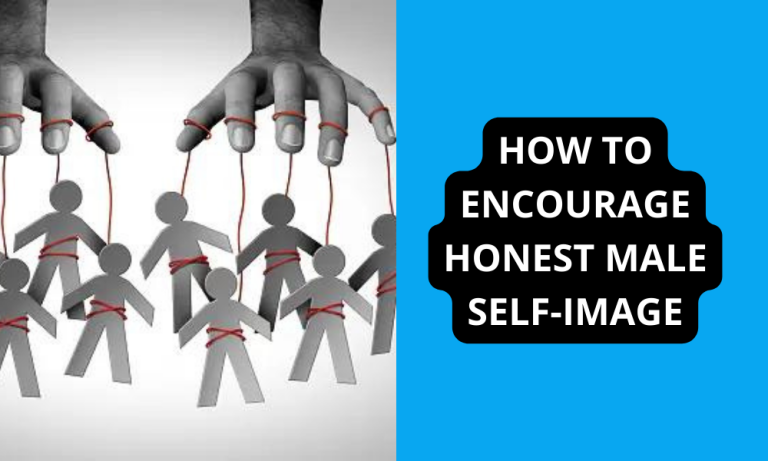How to Address Harmful Male Stereotypes?

As a man, I understand the pressure that can come with society’s expectations. While traditional notions of masculinity may seem ingrained, it’s important that we challenge assumptions that do more harm than good. In this post, I’ll explore some of the most pervasive male stereotypes and offer thoughtful ways that we, as individuals, can work to overcome them.
How to Address Harmful Male Stereotypes
There are many harmful male stereotypes. All of them are discussed below:
The Strong, Silent Type
One stereotype that still persists is the idea that men should always appear physically and emotionally strong. You’ve likely heard phrases like “be a man” or “man up” used to shame those who express vulnerability. However, suppressing feelings can take a psychological toll over time. While strength is an admirable quality, true strength also leaves room for sensitivity.
There is no shame in opening up to trusted others, or in seeking help from a therapist, if that’s what you need to process difficult emotions in a healthy way. Your well-being should not be defined by whether or not you cry, and asking for help is not a sign of weakness – it takes real courage. The next time you feel pressure to “suck it up,” challenge that notion by reaching out to someone you care about. Your friends will respect your honesty.
The Player
Another common assumption is that all men are only interested in casual flings and couldn’t possibly want committed relationships. While hookup culture is prevalent, many men do seek intimacy, partnership and family. Don’t feel boxed into being seen as only wanting sex if that’s not who you are.
You have every right to date with the intention of finding a loving companion to build a life with. Be upfront about your desires for commitment so you attract someone on the same page. It’s okay to refrain from pursuing casual encounters just for fun – do what feels right for you. Your worth isn’t defined by how many notches are on your bedpost.
The Breadwinner
The stereotype that a “real man” supports his family financially can add undue pressure. While providing for loved ones is admirable, your self-worth and relationships should not hinge on income alone. Economic factors are beyond anyone’s control at times. What truly matters is being a caring partner through good times and bad.

If you’re going through job loss or financial difficulty, don’t isolate yourself out of shame. Lean on your partner for emotional support. Communicate openly about your situation and work as a team to problem-solve. Most importantly, continue showing affection through quality time, acts of service and words of affirmation – currency of the heart goes much further than money ever could.
The Fixer
Some assume men must solve every issue they encounter, without ever needing aid themselves. But it’s perfectly alright to hit roadblocks where you “need a hand” now and then. No one is capable or expected to single-handedly fix every problem life throws your way. Accepting help demonstrates wisdom, not weakness.
The next time you feel overwhelmed, consider outsourcing part of the workload if options are available. Or reach out to people in your support system to brainstorm solutions together. Asking for ideas or assistance takes humility, yet relying on others can actually strengthen your relationships while relieving undue pressure on yourself. True confidence comes from knowing your limits as much as your abilities.
The Non-Emotional Logician
While logic and reason have their place, supposing men cannot also be intuitive, empathetic and in touch with feelings discredits many realities. You are fully human – not some emotionless robot. Tap into feeling as well as thinking to gain insights others may miss. Express care through acts of service rather than just words when loved ones need comfort.
Lean on both your head and heart to make wise choices. Emotional intelligence is just as important as IQ, so don’t suppress your natural sensitivity out of some misguided sense of having to be rational at all times. Showing vulnerability through tears or laughter with those close to you makes you more relateable and well-rounded, not somehow less “manly.”
The Perpetual Horn-Dog
Some view men as forever preoccupied with sex, as though you have no capacity to control carnal urges or focus energy elsewhere. But you alone define your interests and priorities. Pursue fulfillment through avenues that align with your values beyond physical intimacy.
Cultivate hobbies, spend quality time with family and friends, invest in self-improvement – these things foster well-being more sustainably than chasing shallow pleasures. Assert your agency by consciously choosing how you spend discretionary time and energy each day. While a healthy libido is normal, don’t feel pressured into believing sex must dominate your thoughts above all else. Check the Male Delusion Calculator to analyze your perceptions.
Conclusion
In reality, there is no single way to “be a man” – masculinity exists on a broad spectrum. The only opinions about your worth that truly matter come from within. Challenge any stereotype that does not ring true to your experience by embracing all parts of yourself unapologetically. Your sensitivity, ability to commit, wisdom in asking for help – these do not diminish your manhood but complement it.
Focus on cultivating relationships based on mutual understanding and respect, free from unrealistic expectations, pressure or shame. Have compassion for yourself and others as we all walk unique paths. With time and effort, dated notions of masculinity will continue evolving into healthier models that honor human diversity and complexity. You have so much to offer beyond narrow assumptions – now go show the world.






